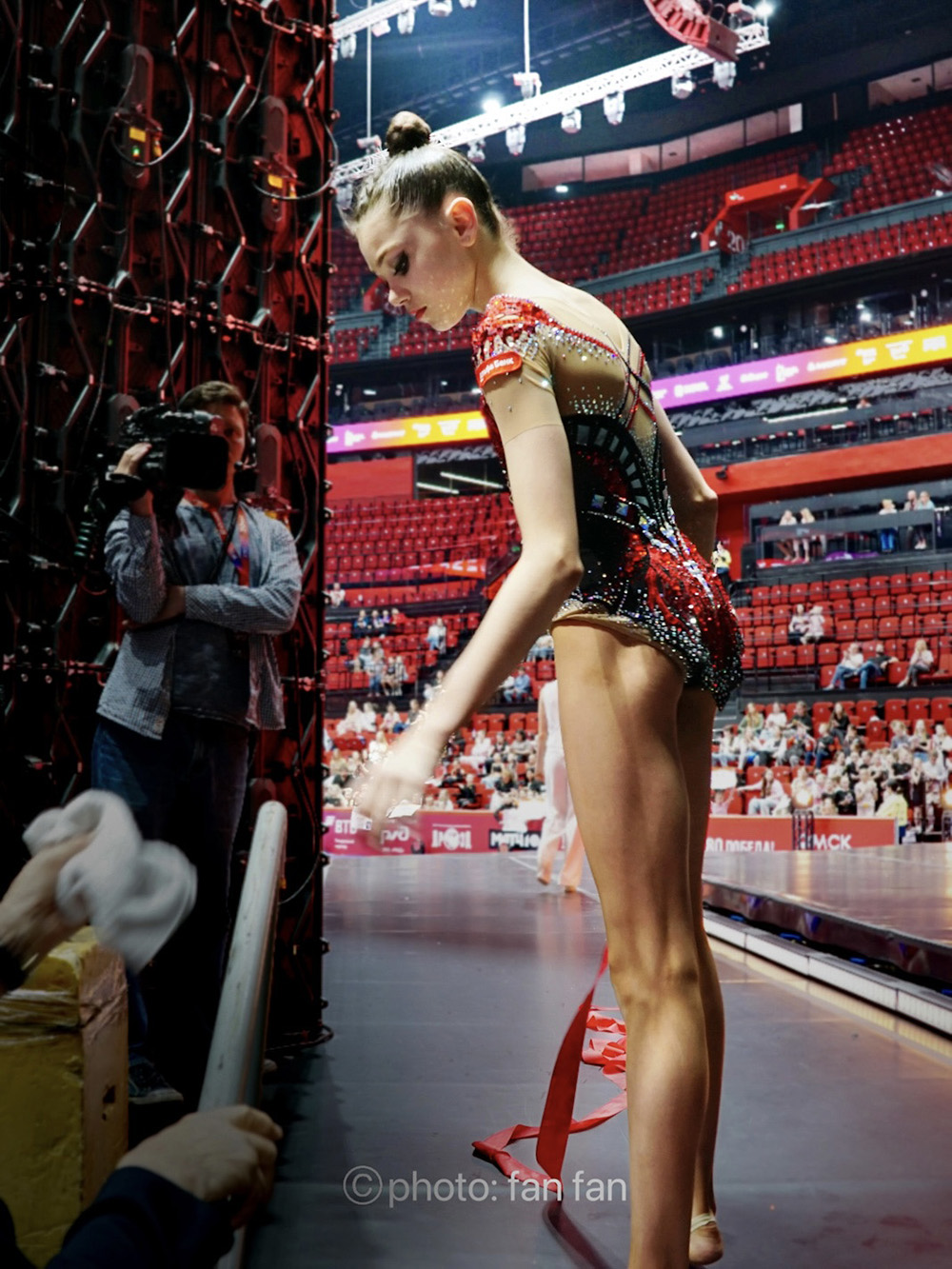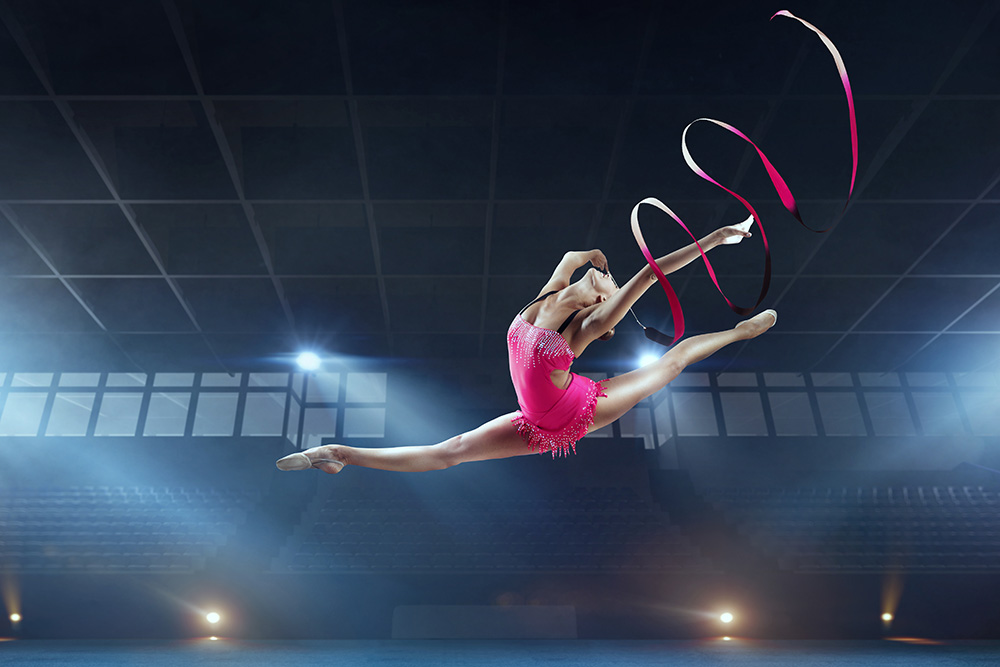Team Russia used to be such a special force in Rhythmic gymnastics for decades, with generations of Russian athletes dominating Olympic and World Championships--Barsukova, Kabaeva, Tchachina, Kanaeva, Dimitrieva, Kondakova, Mamun, Kudryasteva, the Averinas…
However, we are not sure if it still is the case now.
At the recently concluded World Championships in Brazil, Russian rhythmic gymnasts were once again absent.
While at the Tokyo Olympics, Dina Averina's silver medal instead of gold could be considered highly controversial--after all, her routine was perfect, her difficulty higher, and Linoy Ashram dropped her apparatus. But the war has sidelined their gymnasts from the participants list for years now and it becomes a new norm to have Germany, Ukraine or Italy competing for the gold medal.
A Competitive Landscape in Flux
So what might happen if Russian athletes return to competitive arenas one day?
Perhaps, as coach Vera Shtelbaums says: "It's hard to say."

Rhythmic gymnastics is one of the most complex scoring disciplines, with the 2025-2028 Code of Points spanning 213 pages. Scoring is divided into three components: D (Difficulty), E (Execution), and A (Artistry). To reach the World Championship podium, D scores typically range between 13-15 points. But beyond this, there are also E and A components--more subjective and harder to judge.
Dual-Track Competition System
Russia has maintained a dual-track competition system in rhythmic gymnastics--for example, hosting the "Strongest Cup" competition with Belarus during the World Championships. However, due to rhythmic gymnastics' unique scoring and spatial elements, scores cannot be compared with the concurrent World Championships.
The closest reference point might be Belarus gymnast Harnasko, who competes under neutral athlete status in some world competitions while also participating in the Strongest Cup, where she swept all event gold medals. Yet in international competition, "On April 4-6, she competed at Sofia World Cup, where she took 4th place in the all-around and won a silver medal in the ball final. On April 18-20, she competed at the Baku World Cup and finished 5th in the all-around."
New Stars in the Sport
Ranked ahead of her are stars like Darja Varfolomeev from Germany, Taisiia Onofriichuk from Ukraine, Stiliana Nikolova from Bulgaria, Sofia Raffaeli from Italy, and Takhmina Ikromova from Uzbekistan. Meanwhile, emerging nations have produced excellent gymnasts, such as Rin Keys, who won America's first World Championship medal in the discipline.
Russia's highest-ranked gymnasts currently are Maria Borisova from Kabaeva's rhythmic gymnastics school and Uliana Yanus from Omsk, trained by honored coach Vera Shtelbaums. These athletes compete in smaller international events but cannot refine their routines in FIG competitions, let alone participate in events like the European Championships.
With over two years until the 2028 Los Angeles Olympics, can these athletes return to competition in time to contend for medals or even gold?

